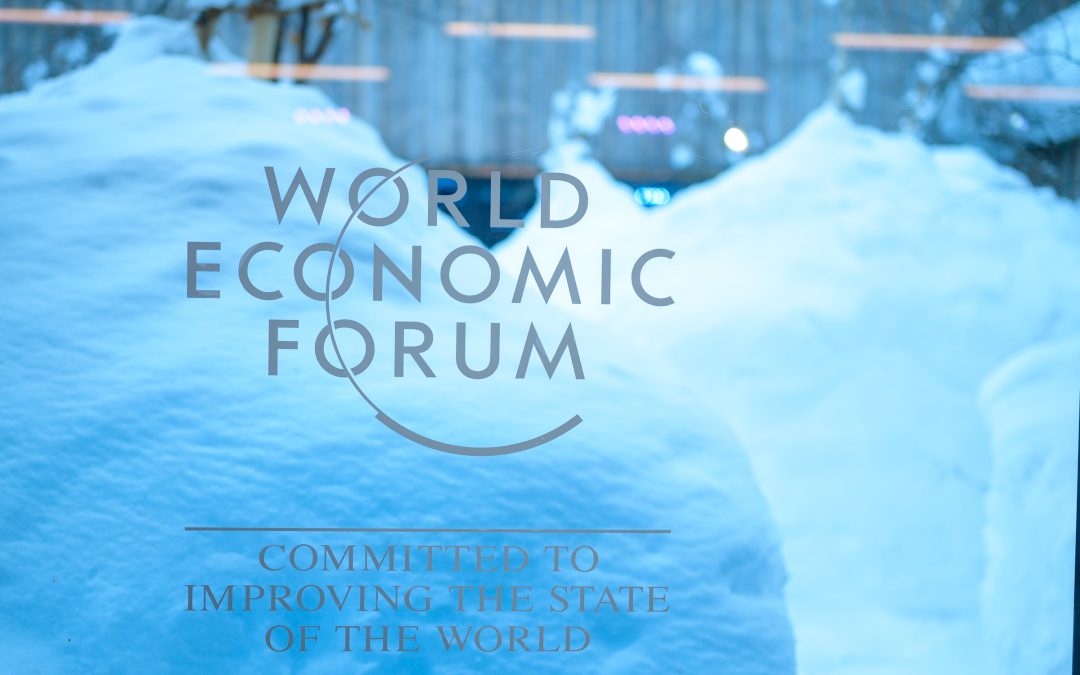Socio-Economic Development and Sustainable Finance
September 2022
Amiin Adam, Sona Analytics
Socio-economic development involves identifying and addressing a country’s social and economic needs in order to improve quality of life, while also ensuring that the economy is healthy and able to sustain its population. With a large percentage of the world’s population still in extreme poverty and climate change set to drag down millions more, there has never been greater need to assess socio-economic situations and deal with the problems at their roots, not just the surface.
But is it too late to make a difference? Is there any point in trying when talks already seem to have gone on for years with little evidence of significant positive outcomes? And how do sustainability analytics, sustainable finance and a sustainability credit score system fit in this equation? This article argues that our efforts don’t have to be futile – but that we need to view the situation from new perspectives and with more comprehensive methods for there to be effective, long-term change.
On the global scale, the main socio-economic problem that must be urgently addressed is poverty. The United Nations has estimated that around 10% of the global population – 700 million people – still lives in extreme poverty, on a paltry $1.90 a day. Poor nutrition and hunger are responsible for the deaths of 1 million children a year, and employment does not guarantee an escape.[1] Moreover, the problem is only getting worse. Not only has the economic gap between poor and wealthy nations widened since the 1980s, but so has the gap between rich and poor within developed countries.
Income inequality has increased dramatically in a startling number of countries, and over the last thirty years has reached its highest level among members of the Organisation for Economic Co-operation and Development (OECD) since World War II.[2] Income gaps have also widened in traditionally more egalitarian countries such as Germany, Denmark and Sweden, in addition to countries with long histories of high inequality such as the United States.[3]
On a positive note, international action is being taken to address the state of affairs. In 2015, the United Nations revealed a plan to eliminate poverty, end world hunger and ensure sustainability in the form of its 2030 Agenda for Sustainable Development. This provides a valuable roadmap for achieving seventeen Sustainable Development Goals (SDGs) by 2030, as well as 169 global targets.[4] One of the most significant aims is to combat climate change, which not only threatens to increase poverty levels dramatically in the coming years, but is already doing so, and is the greatest challenge for socio-economic development in the twenty-first century.[5] For this reason, the goals of the UN Agenda include maximising renewable energy production, ensuring sustainable water use and building resilient infrastructure in order to protect our world for future generations.
No matter how good the plan, however, it will only be effectual if consistently taken up and implemented by businesses worldwide, especially large corporations. Alongside changes in technology, social attitudes, economic structure and public policy, businesses can increase and decrease inequality through their approach to socioeconomics.[6] Because of this, it is vital that companies’ actions are transparent and visible, and that only those which take the matter seriously are given opportunities for growth.
A major, although often overlooked part of this realisation lies in the role of banks. Since financial loans are key to businesses’ success and therefore their impact – for better or worse – on the planet, banks have a duty to conduct due diligence on companies’ socio-economic policies and practices, and to use this as a basis for making sustainable money-lending decisions.
The Sona Sustainability Credit Score System (SSCSS) is designed to enable this, using thirty questions to measure six unique aspects of sustainability including socio-economic development. By means of the SSCSS, banks can ascertain whether or not businesses’ socio-economic policies are sustainable and consequently whether they have a positive or negative sustainability score. In this way, financial institutions may make informed decisions and lend only to companies that will enhance our futures by addressing, rather than causing, global poverty.
[1] https://www.worldbank.org/en/news/speech/2014/01/15/climate-change-is-challenge-for-sustainable-development.
[2] Chantal Line Carpentier, Richard Kozul-Wright and Fabio David Passos. ‘Goal 10 – Why Addressing Inequality Matters.’ UN Chronicle, No. 4, Vol. XI, April 2015. Accessed 7 July 2022. https://www.un.org/en/chronicle/article/goal-10-why-addressing-inequality-matters.
[3] Angel Gurría. ‘Tackling Inequalities in Development Policies.’ OCDE, 18 September 2013. Accessed 7 July 2022. https://www.oecd.org/fr/social/tackling-inequalities-in-development-policies.htm.
[4] United Nations Exhibits. ‘Sustainable Development Goals: 17 Goals to Transform our World.’ United Nations, n.d. Accessed 7 July 2022. https://www.un.org/en/exhibits/page/sdgs-17-goals-transform-world.
[5] Rachel Kyte. ‘Climate Change is a Challenge for Sustainable Development.’ The World Bank, 15 January 2014. Accessed 7 July 2022. https://www.worldbank.org/en/news/speech/2014/01/15/climate-change-is-challenge-for-sustainable-development.
[6] Bill Conerly. ‘Business is One Reason For Economic Inequality – And also for Equality.’ Forbes, 23 September 2018. Accessed 7 July 2022. https://www.forbes.com/sites/billconerly/2018/09/23/business-is-one-reason-for-economic-inequality-and-also-for-equality/?sh=45e88645654f.
Keywords: sustainability; risk management; ESG; firm valuation; WACC; sustainable finance; scenarios; sustainability analytics; sustainability credit score system; Sustainable investing; sustainable analytics; analysing sustainability; Green Banking.

